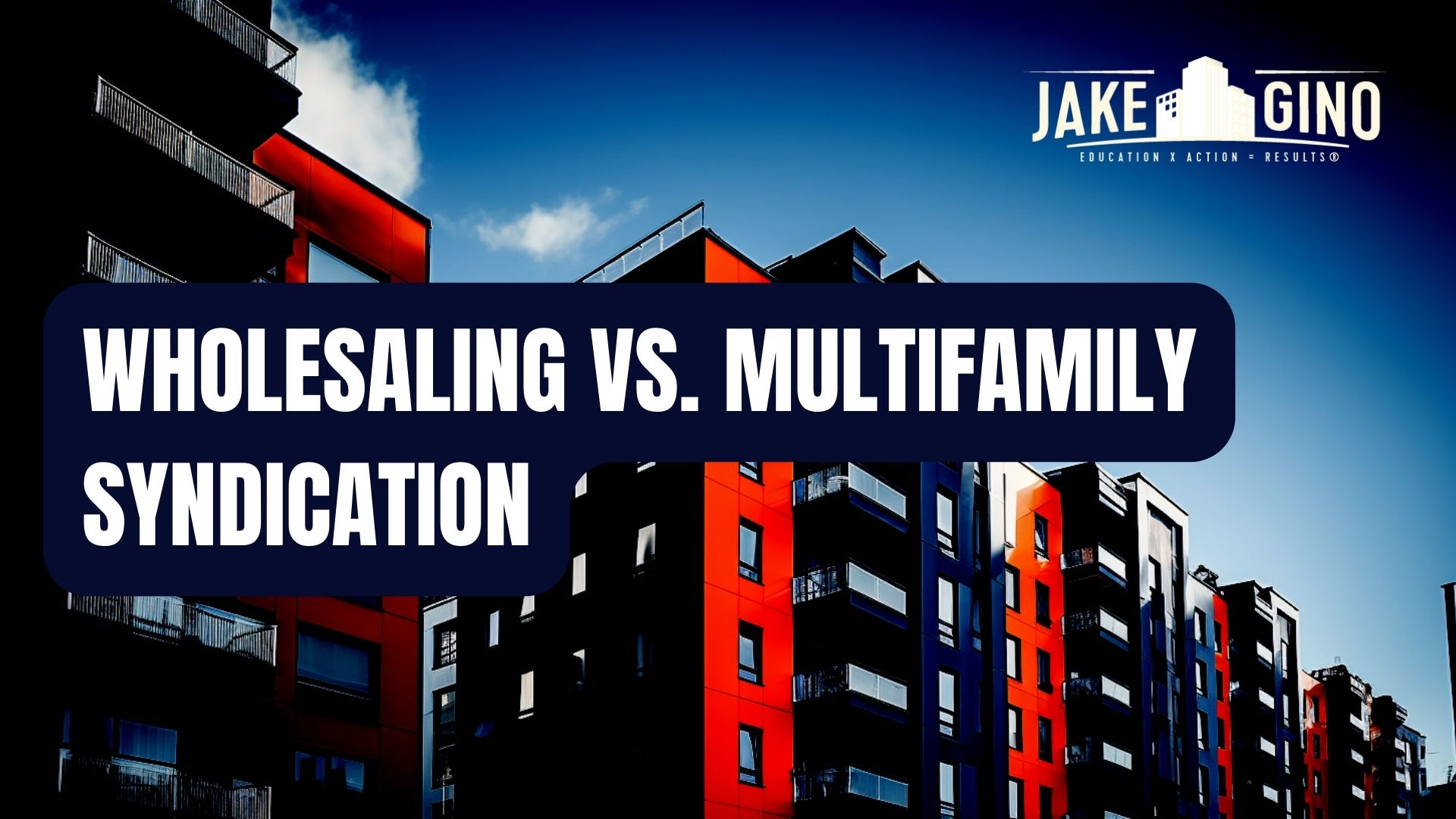
Wholesaling vs. Multifamily Syndication: A Comprehensive Comparison
In the realm of real estate investment, two distinct strategies that often capture the attention of investors are wholesaling and multifamily syndication. These approaches offer unique opportunities for generating profits, but they come with their own sets of intricacies and considerations. This detailed guide will walk you through the nuances of wholesaling and multifamily syndication, presenting a comparative table and answering frequently asked questions to help you make an informed investment decision.
Wholesaling: A Quick Profit Generation Strategy
Understanding Wholesaling
Wholesaling involves acting as a middleman between property sellers and buyers. Investors identify distressed or undervalued properties, negotiate a contract with the seller, and then assign or resell the contract to another buyer. This allows wholesalers to generate quick profits without the need for property ownership or significant capital investment.
Benefits of Wholesaling
- Low Capital Requirement: Wholesaling doesn’t require substantial upfront capital as you’re not purchasing the property itself.
- Speedy Transactions: Wholesaling can lead to fast profits since the process involves finding buyers quickly.
- Minimal Risk: Wholesalers aren’t responsible for property ownership, reducing exposure to potential market fluctuations.
Challenges of Wholesaling
- Market Knowledge: Successful wholesaling requires a deep understanding of local real estate market trends.
- Competition: As a popular strategy, wholesaling can be competitive, making it crucial to find unique opportunities.
- Transaction Complexity: Managing contracts and negotiations can be intricate, demanding attention to detail.
Multifamily Syndication: Collaborative Wealth Building
Understanding Multifamily Syndication
Multifamily syndication involves pooling funds from multiple investors to purchase larger rental properties, such as apartment complexes. Investors become limited partners and contribute financially to the acquisition and management of the property. This strategy allows individuals to invest in larger assets they might not be able to afford on their own.
Benefits of Multifamily Syndication
- Diversification: Investors can diversify their portfolios by investing in multiple properties through syndication.
- Professional Management: Syndicators typically have experience in property management, enhancing the chances of success.
- Passive Income: Limited partners receive a share of the rental income generated by the property, providing passive cash flow.
Challenges of Multifamily Syndication
- Investor Relations: Syndicators must effectively communicate with investors and manage their expectations.
- Market Research: Identifying lucrative multifamily properties and assessing their potential requires thorough research.
- Complex Structure: Multifamily syndication involves legal and financial complexities that require expert guidance.
FAQs: Wholesaling vs. Multifamily Syndication
- Which strategy offers higher profit potential?
Both strategies have their merits. Wholesaling offers quicker but smaller profits, while multifamily syndication provides the potential for substantial long-term returns.
- Is wholesaling suitable for beginners?
Wholesaling can be a good starting point due to its lower capital requirement, but market knowledge and negotiation skills are crucial for success.
- What is a limited partner in multifamily syndication?
A limited partner is an investor who contributes capital to a syndication project but has limited liability and a passive role in property management.
- Can I be both a wholesaler and a syndicator?
Yes, some investors engage in both strategies depending on their expertise and investment goals.
- What are the tax implications of each strategy?
Tax implications vary based on location and individual circumstances. Consult a tax professional for accurate guidance.
In conclusion, choosing between wholesaling and multifamily syndication depends on your financial goals, risk tolerance, and expertise. Wholesaling offers quick profits with less capital, while multifamily syndication allows for collaborative wealth building through larger assets. Thoroughly evaluate your investment strategy and consider seeking guidance from experienced professionals to ensure a successful investment journey.






